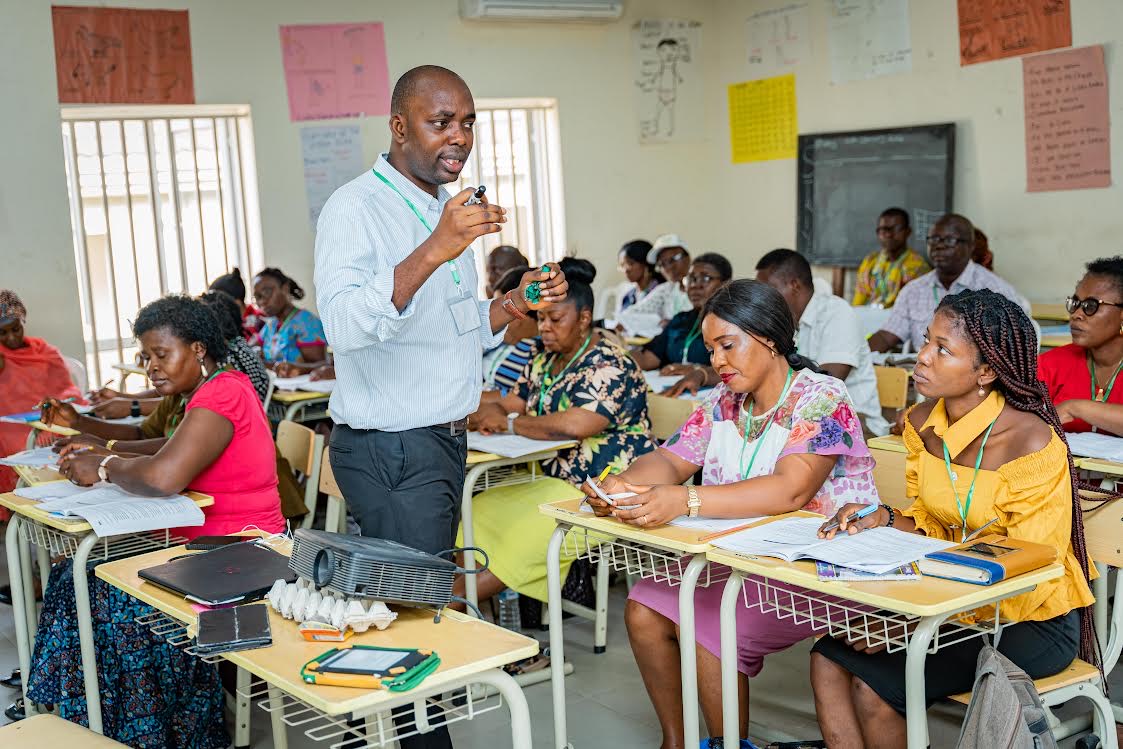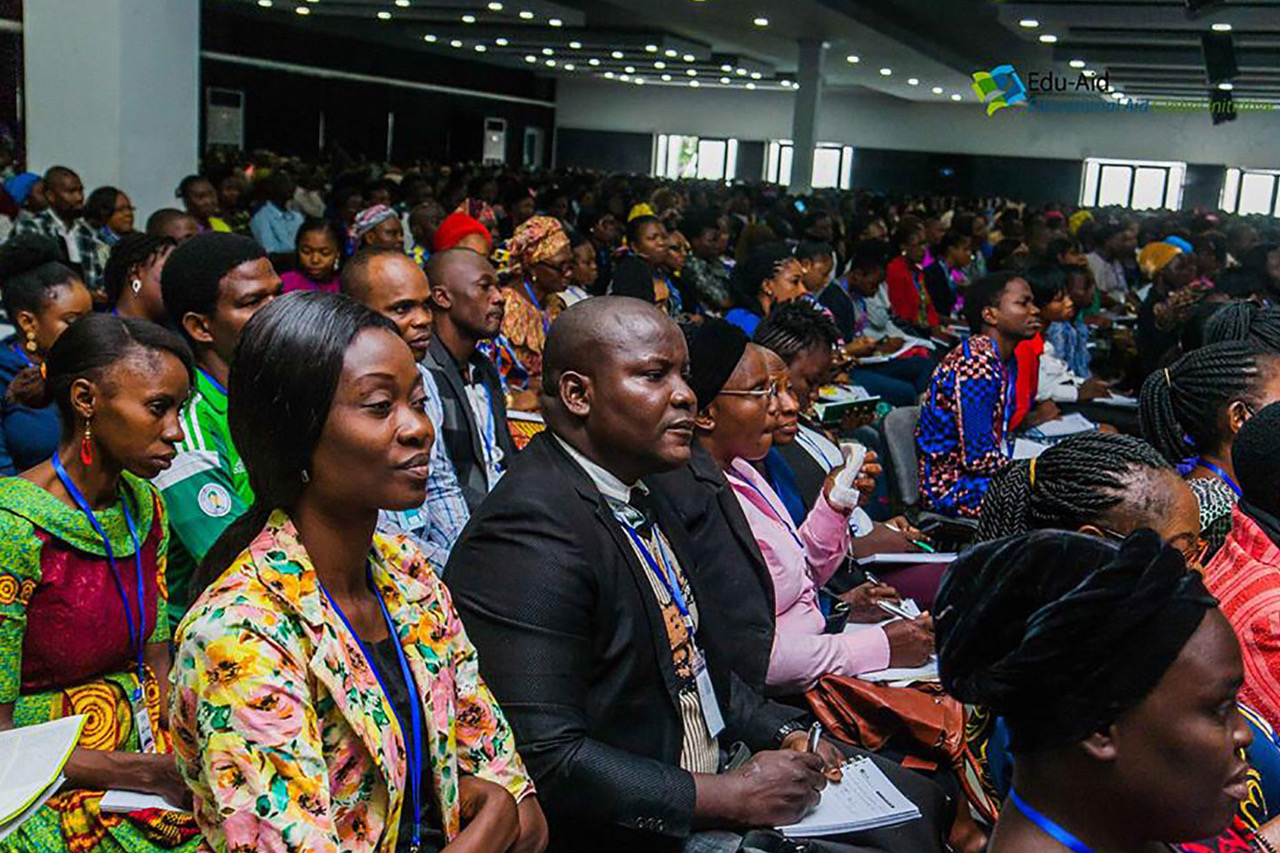Nigeria, rich in talent and vast potential is a true testament to the power of its people. With rapid development, economic growth and technological advancement, education is at the root of this progress, anchoring this surge towards prosperity.

However, crookedness brews in the educational system. Those responsible for the development of future leaders take advantage of their position as influencers to engage in dubious and corrupt practices. While some of these lecturers may be well-trained in academia, it is crucial to ensure they are well-equipped to nurture Nigerian talents.
Nigeria has made commendable strides in expanding access to education, but the quality of education remains a significant concern. Inadequate infrastructure, outdated curricula, and a lack of qualified educators are some of the challenges facing the education system. To overcome these hurdles, Nigeria must focus on developing and retaining well-trained lecturers.
There have been tales of grade manipulations, mismanagement of funds meant for educational infrastructure, and even instances where grades are traded for sex. These acts inflict a deep wound on the students by distorting their view of academia and discouraging those genuinely seeking knowledge.
In 2019, a documentary unveiled lecturers exchanging fair grades for sexual favours. Recently, a video of female law students protesting alleged sexual harassment by their professors went viral.
Such instances have ripple effects on students, the institution and the academic system. They tarnish the reputation of institutions, disillusion budding talents, and hamper genuine efforts to elevate the academic landscape. To tackle these issues and enhance the efficacy of lecturers, several measures must be taken.
Identifying the Loopholes
Despite their critical role in nurturing Nigerian talent, trained lecturers face numerous challenges that hinder their effectiveness:
1. Inadequate Funding: Many higher education institutions in Nigeria suffer from chronic underfunding, leading to insufficient resources for research, infrastructure, and faculty development. This can hinder lecturers’ ability to deliver quality education and engage in cutting-edge research.
2. Low Salaries: Lecturers often receive low salaries, which leads to demotivation and brain drain as qualified educators seek better opportunities abroad.
3. Bureaucracy: Administrative challenges and red tape impedes the efficient functioning of higher education institutions.
4. Non-functional Training Structure: The workload on many lecturers in the various tertiary institutions due to the high student-teacher ratio, lecturers do not take breaks to go on training to stay up-to-date with new trends in their fields.

The Way Forward…
Refining Training Modules
While academic expertise is crucial, lecturers should engage in mandatory training on ethics, professional conduct, and the psychological dynamics between educators and students. They should also be periodically trained in leadership, mentorship, and interpersonal skills. This will equip them not just with subject knowledge, but also with an understanding of their moral responsibilities as educators. They will connect with students, understanding their aspirations and guiding them.
Promoting Transparency
To promote transparency, communication should be encouraged. Channels must be established where students can voice their concerns without fear of retaliation. This could be through anonymous feedback portals, dedicated counselling departments, or periodic face-to-face sessions with the university’s top management.
Fostering Critical Thinking
A well-rounded education goes beyond rote memorization. Trained lecturers encourage critical thinking, enabling students to analyze problems, think creatively, and make informed decisions. This skill is not only valuable in academic pursuits but also in everyday life and the workplace
Exposure to Global Best Practices
Exchange programs with globally renowned institutions can offer lecturers insights into advanced teaching methodologies and ways to nurture leadership in students. Bringing back and integrating these practices can help elevate the standard of education.
Student-Lecturer Collaborations
Joint research projects can bridge the hierarchical gap, enabling students to view their lecturers as mentors and collaborators. This not only enhances learning but also builds leadership qualities like teamwork and collaboration.
The cultivation of intellectual leaders is essential for Nigeria’s progress and prosperity. Trained lecturers play a pivotal role in this endeavour by imparting knowledge, providing mentorship, fostering innovation, and nurturing the holistic development of students. To fully harness its talent pool, Nigeria must invest in the recruitment, training, and retention of highly qualified lecturers. By doing so, Nigeria can unlock its full potential and take its place as a global leader in education and innovation.





